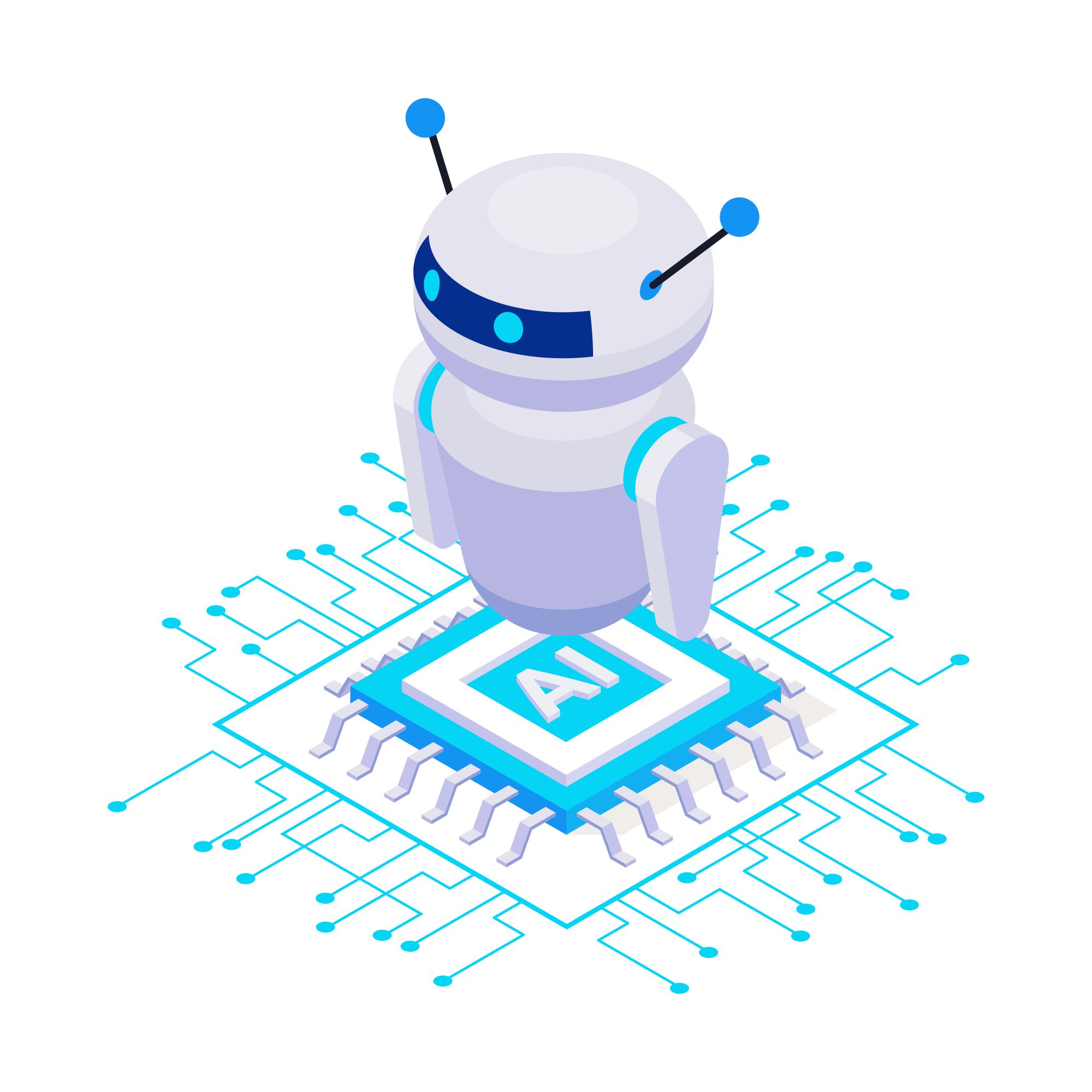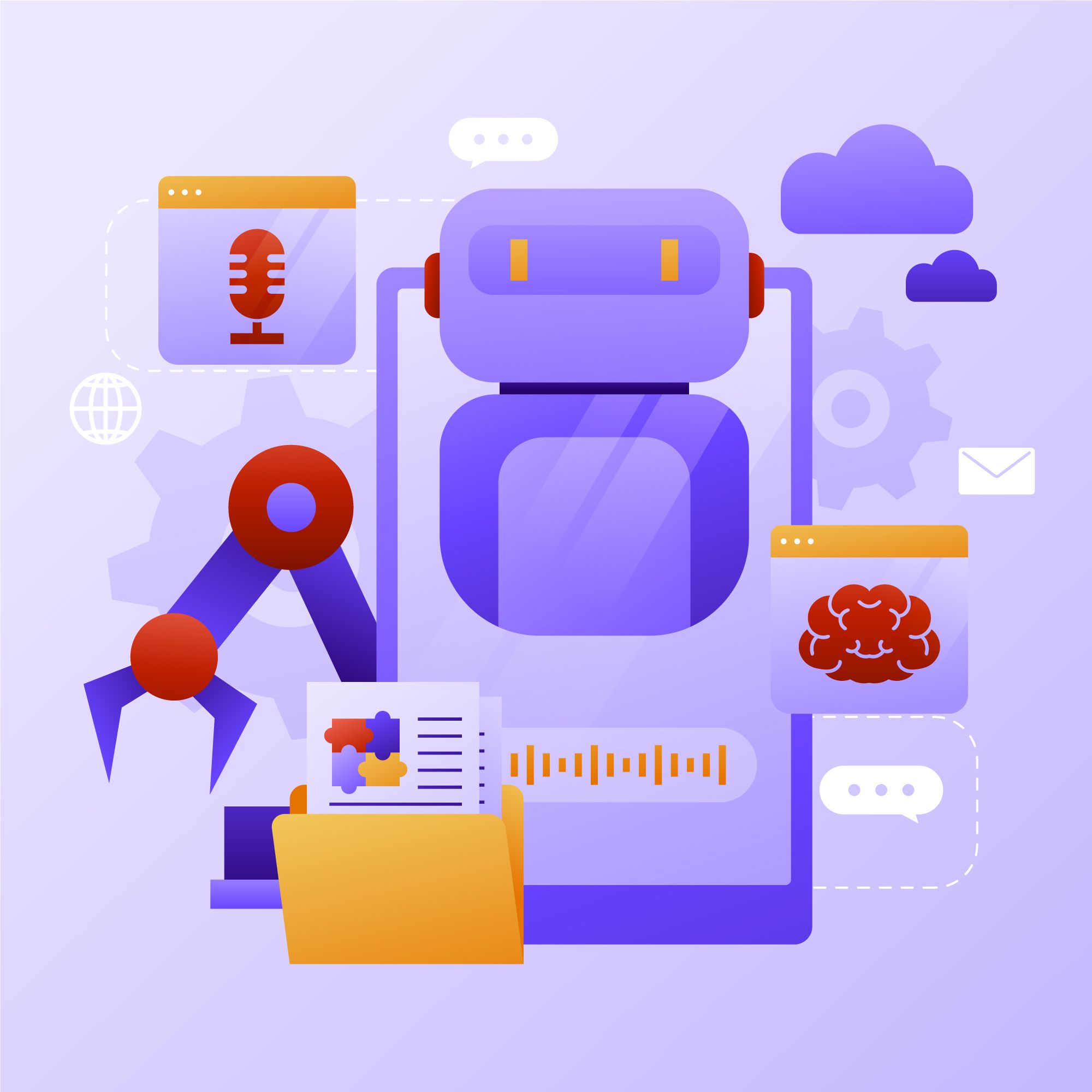Can AI Write My Content? The Future of Content Creation is Here

In today's digital landscape, Artificial Intelligence (AI) content generation is not just a technological innovation, but a pivotal force reshaping content creation across numerous industries.
From marketing and journalism to education and entertainment, the ability of AI to produce compelling, customized content efficiently has made it an indispensable tool for content creators worldwide. The integration of AI in content generation is transforming traditional processes, making it possible to meet the increasing demands for fresh, relevant content at unprecedented speeds.
This evolution is crucial in an era where the volume of content consumption is soaring, and the pressure to deliver quality material consistently is higher than ever. Thus, it revolves around how AI content generation is not merely assisting but revolutionizing the content creation process, offering profound opportunities and challenges alike.
Understanding AI Generated Content
AI generated content refers to textual, visual, audio, or video content that is created with the assistance of artificial intelligence technologies rather than by humans directly. This innovative tool leverages complex algorithms and data-driven processes to produce content that can mimic the quality of human-generated outputs.
Central to its operation are machine learning models like neural networks, natural language processing (NLP), and technologies derived from the GPT (Generative Pre-trained Transformer) series and BERT (Bidirectional Encoder Representations from Transformers). These frameworks analyze vast amounts of data to understand and replicate the nuances of human language and style.
Content generators, therefore, are not just automated tools but sophisticated systems that learn from existing content and generate new content that aligns with specific guidelines, tones, and formats, making them powerful allies in fields such as marketing, customer service, and media production.
Exploring the Advantages of AI Content Generators

AI content generators stand out as transformative tools in the realm of content creation, primarily enhancing efficiency and unleashing creative potential. These advanced tools enable users to produce high-quality written content at a dramatically accelerated pace compared to traditional methods.
By automating the brainstorming, drafting, and revising processes, AI allows writers to focus on refining their ideas and strategies rather than getting bogged down by the mechanics of writing. Additionally, many AI content creators are incredibly cost-effective.
Numerous platforms offer free versions, which significantly lowers the entry barrier for individuals and businesses seeking to utilize powerful AI technology. This accessibility ensures that even users with limited budgets can leverage AI tools to compete in competitive markets, ensuring their voices are heard without breaking the bank.
Revolutionizing Content Creation Across Digital Media with AI
The landscape of content creation across various digital platforms is likewise being transformed. AI algorithms are now routinely used to generate engaging and relevant content for websites, enhancing the efficacy and reach of digital marketing strategies.

Specifically, in the realm of YouTube, AI content generators are employed to suggest or create video titles, descriptions, and even assist in generating video content itself, catering to audience preferences and increasing engagement rates. Moreover, AI's contribution to blogging and online article creation cannot be understated. These advanced tools not only streamline the writing process but also tailor content to be SEO-friendly, ensuring higher visibility and reader engagement.
By harnessing AI, creators and marketers can consistently produce high-quality, customized content that resonates with their target audience, setting new standards in digital communication.
Navigating the Ethical Minefield: Challenges in Authenticity and Reliability

In an era where digital information is ubiquitous, the ethical concerns surrounding authenticity and reliability are more prominent than ever. Misinformation can spread rapidly, creating a landscape where the truth is often obscured or manipulated.
This highlights significant ethical dilemmas in ensuring content is genuine and trustworthy. Moreover, there's an increasing reliance on digital platforms and automated systems, leading to a dependency that might compromise human discretion and decision-making. This dependency paired with the inherent quality inconsistencies in automated outputs raises critical challenges.
These span from diminished human judgment to the potential hazards of making pivotal decisions based on inaccurate or manipulated information. Addressing these issues necessitates robust regulatory frameworks and advanced technological mechanisms to enhance transparency and accountability in digital content dissemination.
Embracing the Future with AI in Content Creation

In summary, the transformative role of AI in content generation cannot be overstated. Through the ability to analyze vast amounts of data, learn from user interactions, and generate content that is not only relevant but also engaging, AI is setting a new benchmark in the digital landscape.
This technology enhances creativity, ensures accuracy, and significantly reduces the time required for content production. As we have discussed, from streamlining workflows to creating personalized user experiences, AI's capabilities are reshaping the way content is created and consumed.
The future of content creation is undeniably intertwined with AI technology. To remain competitive and efficient in an ever-evolving digital world, embracing AI tools in content strategies is essential. Businesses and creators alike are encouraged to leverage these innovations to stay ahead of trends, meet consumer expectations more effectively, and prepare for a future where AI-driven content is the norm. Let's harness the power of AI to transform ideas into impactful content and lead the way in this exciting digital renaissance.

